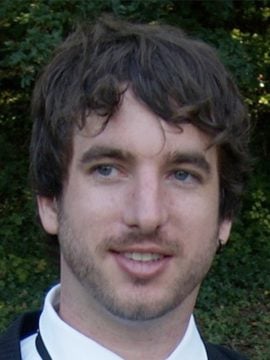Resilience after terror: the role of memory suppression
Venue: Centre Broca Nouvelle-Aquitaine

Pierre Gagnepain
Chercheur / Enseignant chercheur CR1
PhD, Inserm U1077: Neuropsychologie et Imagerie de la Mémoire Humaine /
Caen / Equipe: mémoire et oubli
Invited by: Nora Abrous
Neurocentre Magendie
Abstract
Neurobiological research on memory often presumes that forgetting is a negative outcome arising from passive mechanisms such as decay and interference. In the last two decades, however, a growing literature has revealed adaptive forgetting mechanisms that actively suppress interfering memories via inhibitory control. The Human brain is indeed gifted with the capacity to control and regulate the flow of thoughts and memories which enter consciousness and remain stored. This capacity is crucial for well-being and mental health, and contributes to the regulation of inappropriate distressing emotional responses which may follow or initiate intrusive mental images, a central concern for most psychiatric disorders. This presentation will articulate around the concept of memory suppression and its neural bases. We will discuss the role of memory suppression to combat post-traumatic stress-related disorders and present the findings of a recent multiwave longitudinal neuroimaging study run by the INSERM unit U1077 in Caen in a cohort of direct survivors of 11/13 Paris terrorist attacks. This research program, called “REMEMBER”, provides a unique opportunity to observe the online and structural dysfunctions of the memory control network following a severe psychological trauma and how such process may contribute to recovery and psychopathological dynamics.

